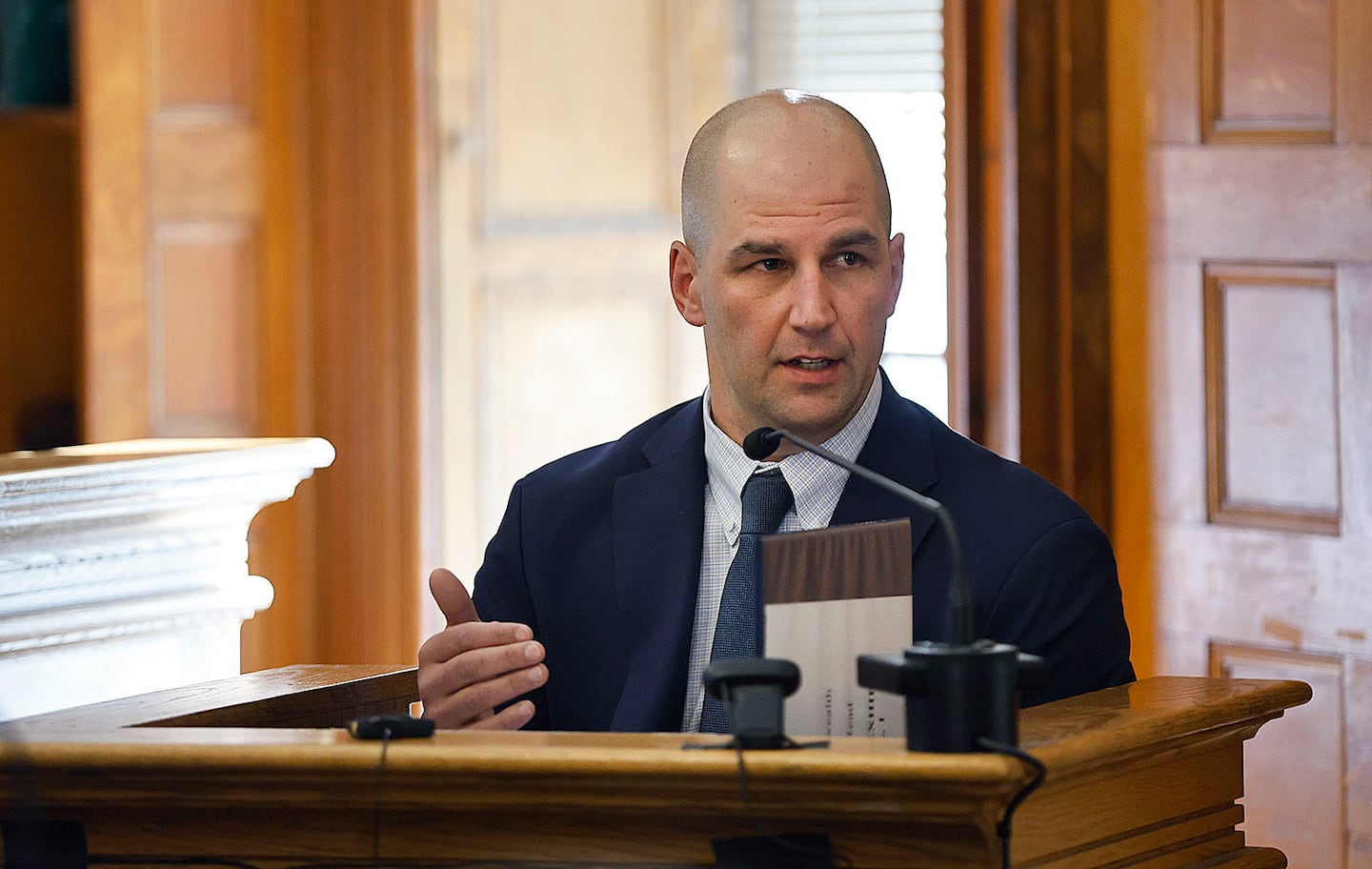

You know it’s a day that ends in “y” when there’s a new App Store lawsuit. This time, the issue isn’t antitrust or developer rejection complaints, but rather a class action accusing Apple of facilitating the spread of cryptocurrency scams by allowing a fake trading app onto the App Store. Here’s what happened.
Filed this week in the Northern District of California (via CoinGeek), the lawsuit centers around an app called Swiftcrypt, which allegedly posed as a legitimate crypto trading platform but was really part of a broader “pig butchering” scam.
That is when users are coaxed into depositing larger and larger amounts of money, slowly building trust, before the platform locks them out and disappears with the funds.
“Customer trust is a cornerstone of the App ecosystem.”
Lead plaintiff Danyell Shin says she downloaded Swiftcrypt onto her iPhone in late 2024, after being introduced to the app through an online investment group. Believing the app was trustworthy, partly because it came from Apple’s App Store, she ended up transferring more than $80,000 into the platform. Then, the funds vanished.
According to court documents, Apple’s own marketing and App Store messaging played a key role in making users feel safe enough to trust the app in the first place. The complaint cites Apple’s frequent claims that the App Store is a “safe and trusted place” and highlights years of statements about strict App Review processes, fraud detection, and curated app security:
“Apple’s affirmative representations and the general impression that it has cultivated that apps from its App Store could be trusted and were safe and secure because of Apple’s rigorous vetting and review process were false and misleading.”
Apple’s App Review process called out, again
The filing paints a detailed picture of how Apple’s own rules for crypto apps, requiring licensing, regulatory compliance, and developer verification, were supposedly not enforced in this case. Swiftcrypt, the lawsuit says, never should have made it onto the App Store at all.
Beyond the lost crypto funds, the class action claims that Apple’s entire App Store security narrative is misleading under California consumer protection law. The suit argues that users like Shin “overpaid” for their iPhones because part of the perceived value was tied to App Store safety and security guarantees that didn’t hold up.
“Apple profits not only from app sales or in-app purchases but also from free apps because Apple profits significantly from the added value that this perceived security brings to its devices, making the continued representation of app safety integral to Apple’s market strategy and business growth.”
In addition to financial damages, the plaintiffs want Apple to launch a corrective advertising campaign to fix what they say is a widespread public misperception about App Store safety.
FTC: We use income earning auto affiliate links. More.



